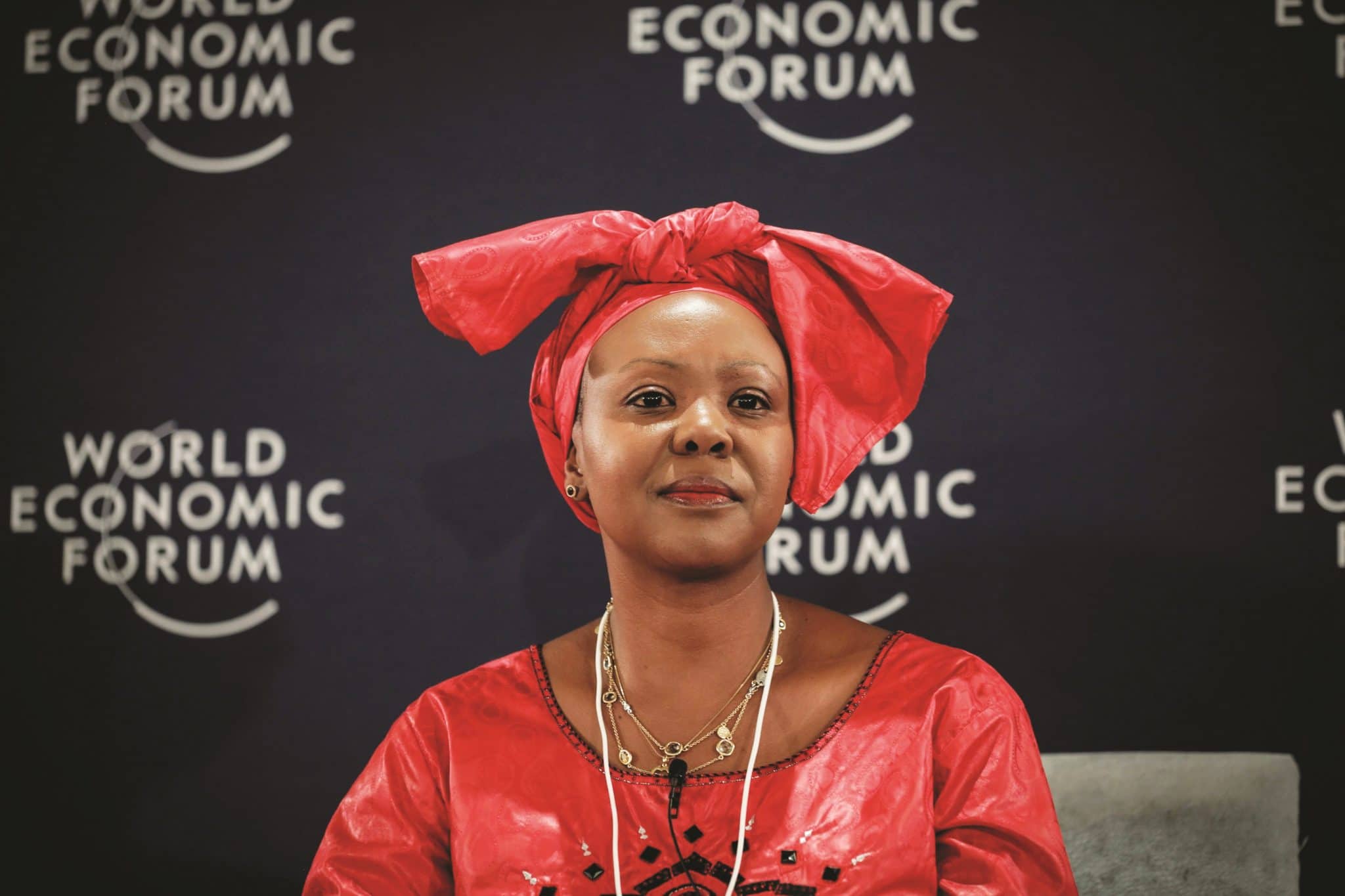Africa has many reasons to be optimistic; this year has seen a raft of new elections, economies are growing in amid an uncertain economic climate and new measures such as the African Continental Free Trade Agreement promise new solutions to the age-old problem of Africa’s economic integration.
The recent decision of US investment bank Goldman Sachs to apply for a South Africa banking licence, and the effects of US and Chinese e-commerce giants to develop footholds in African markets, are just two examples in 2019 of how attractive the region has become for those with skill, knowledge and patience.
Much is made of Africa’s population being the youngest in the world. Undoubtedly, this poses challenges, most specifically, in terms of finding gainful employment and decent livelihoods for a growing number of people.
READ MORE | Creators Rather Than Consumers
During my time at the World Economic Forum, my impression of the continent’s youth has been overwhelmingly positive, a mixture of awe at the entrepreneurial spirit and inspiration at the determination felt by younger generations to overcome long-standing barriers and collaborate across cities, countries and ethnic lines to forge a better future.
Add the fourth industrial revolution into the mix and the picture starts to look interesting. Success in this new age of economic development is by no means assured: barriers to entry can be considerable and investment in new technologies – not just development but equally importantly implementation – inevitably brings failure as well as success.
While none of these risks must be discounted, the next phase of humanity’s growth and development will be built on entrepreneurial talent and this Africa has in rich abundance.
READ MORE | Towards An Open World Economy
Since its launch in 2007, M-Pesa, the mobile payments system developed initially for the Kenyan and Ugandan telecommunications market, has served as a symbol for African innovation and ability to leapfrog generations of technology.
Twelve years on, the system is providing benefits to investors and consumers across the emerging world but it is by no means alone. This year’s billion-dollar listing of home-grown e-commerce giant Jumia is only the latest success in Africa’s burgeoning technology landscape.
With this in mind, the question I find myself asking more and more these days is not ‘how do we identify Africa’s next entrepreneurial superstars’, but ‘how do we help Africa’s entrepreneurial superstars scale up and fulfil their potential?’
While private investors, corporate intrapreneurs, foundations, development agencies and governments have all played an active role in helping get the region’s best and brightest entrepreneurial talents, the priority now is to help this new generation of wealth creators and employers reach a critical mass of scale so they can compete across borders and employ the kinds of numbers that will help provide livelihoods for a growing workforce.
How do we do this? For one thing, it will require action on the part of government. There are a number of ways governments can improve the enabling environment just by drawing on existing best practices across the region.
Reforms such as cutting red tape and making it easier to start a business: too often, it takes weeks where it should be days or even hours. Other successful ‘quick win’ policy innovations include offering tax breaks and concessions on labor laws for businesses whose revenues or workforces are below a certain size.
Shielding businesses from the harshest challenges of the open market during their formative years would be beneficial to governments in terms of value once they are able to stand on their own two feet.
Building a platform for Africa’s gazelles, high-growth companies capable of sustaining high rates of year-on-year growth, will be a key aim of the World Economic Forum on Africa 2019.
Africa’s future lies in increased integration and interaction within its own borders as well as overseas.
Just as the gazelle is an iconic form on the African landscape, Africa’s own tech gazelles need to define their own identity in the fourth industrial revolution.
– Elsie Kanza is Head of Africa at the World Economic Forum.
